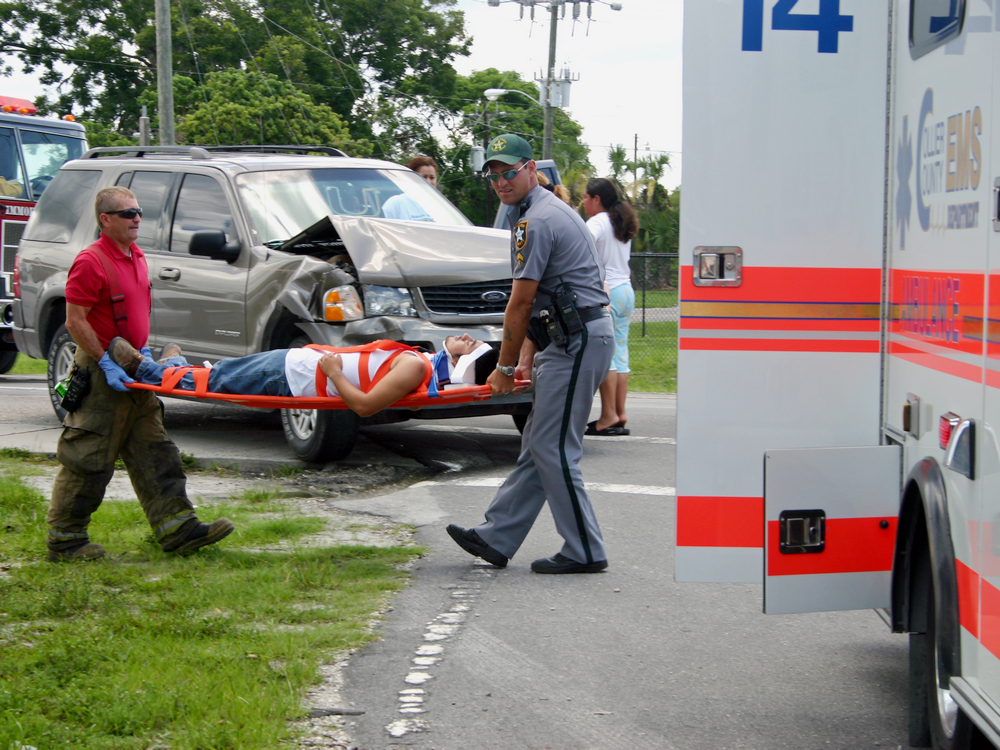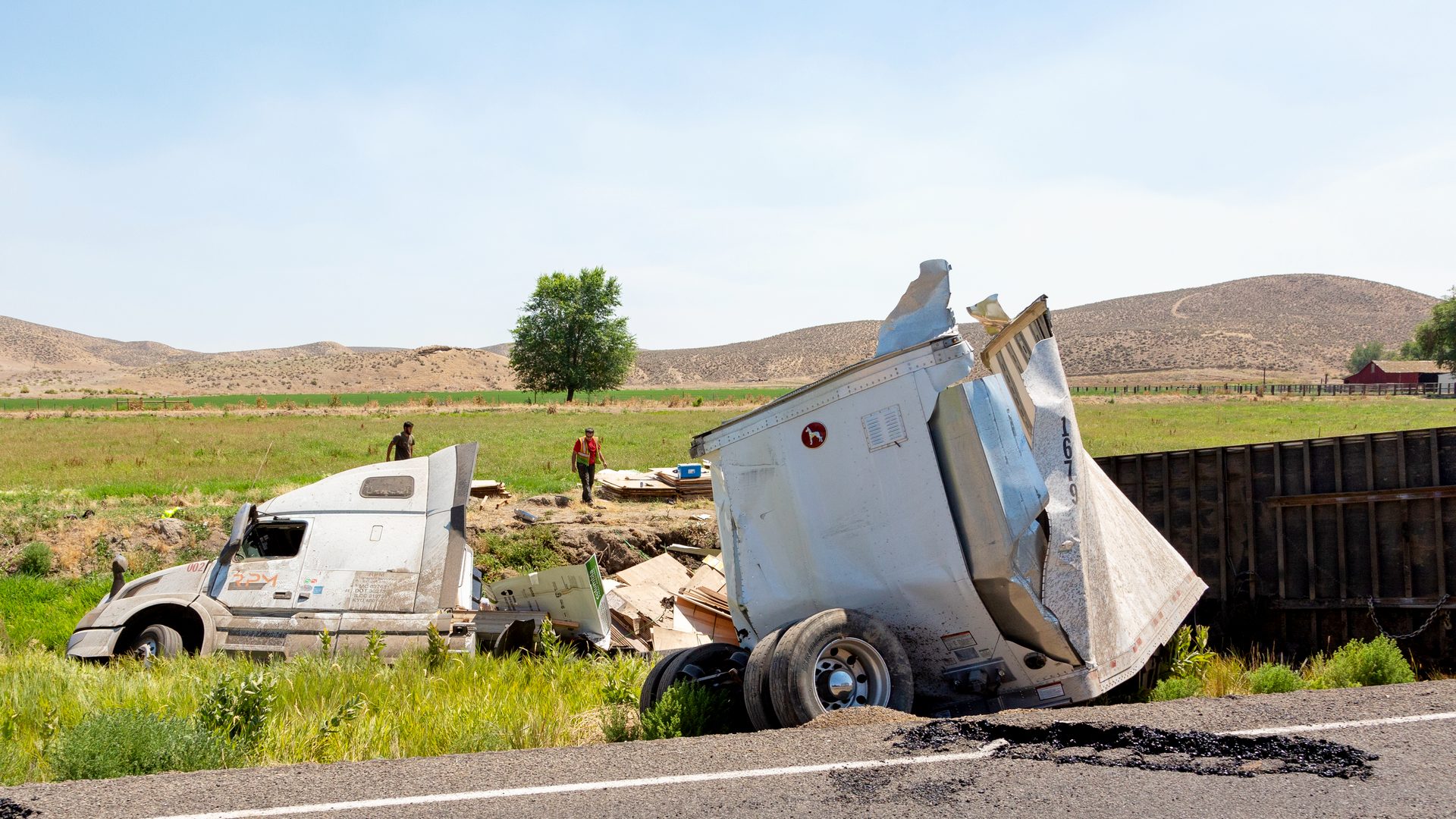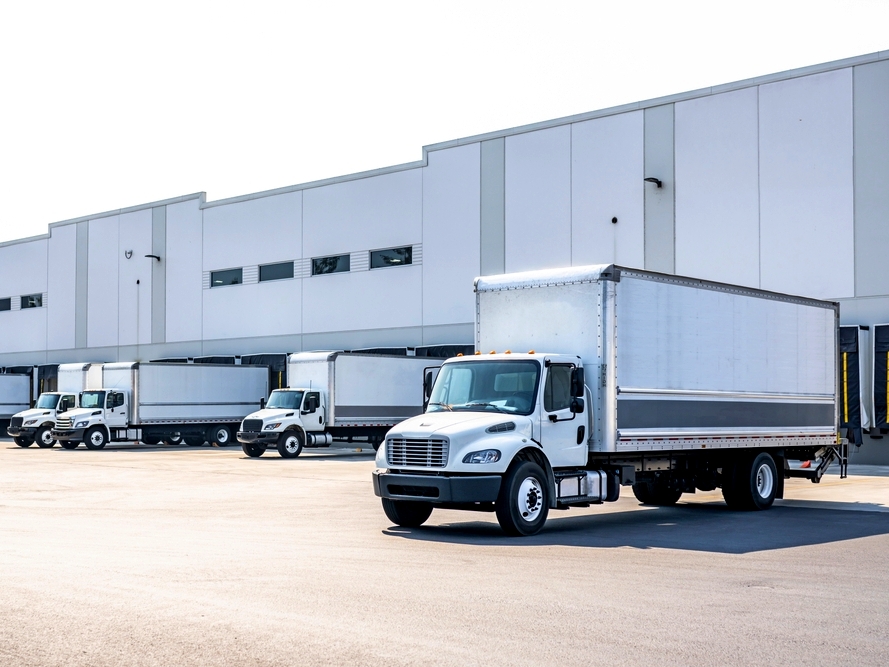When it comes to protecting your vehicle, navigating the world of auto insurance can seem overwhelming. With so many coverage options, terms, and policy types available, it’s crucial to understand your choices to ensure you’re adequately protected on the road. At Transnational Casualty Insurance, we’re committed to helping you make informed decisions about your auto insurance, so you can drive with confidence.
Types of Auto Insurance Coverage
There are several types of auto insurance coverage that you can choose from, depending on your specific needs and the type of vehicle you own. Understanding these options will help you determine the level of protection that best suits you.
Liability insurance is mandatory in most states and covers the cost of damages or injuries you cause to others in an accident. This includes both bodily injury liability and property damage liability. Liability coverage ensures you won’t be financially responsible for others’ medical bills, car repairs, or other costs resulting from an accident where you are at fault.
Collision insurance covers damage to your vehicle in the event of a collision with another car, an object, or even a rollover. Whether you’re at fault or not, collision insurance will help pay for the repairs or replacement of your vehicle, minus the deductible.
3. Comprehensive Coverage
Comprehensive insurance covers damage to your vehicle that isn’t caused by a collision. This includes incidents like theft, vandalism, natural disasters, or hitting an animal. If you live in an area prone to severe weather or have a high-value car, comprehensive coverage is an excellent option to consider.
4. Uninsured/Underinsured Motorist Coverage
What happens if you’re in an accident with a driver who doesn’t have insurance or doesn’t have enough coverage to pay for your injuries or damages? Uninsured/underinsured motorist coverage protects you in these situations. It can help cover medical expenses, lost wages, and even vehicle repairs.
5. Personal Injury Protection (PIP)
Personal Injury Protection, also known as PIP, covers medical expenses for you and your passengers after an accident, regardless of who is at fault. In addition to medical bills, PIP may also cover lost wages, funeral expenses, and other related costs.
6. Medical Payments Coverage (MedPay)
Medical Payments Coverage helps pay for medical expenses for you and your passengers if you’re injured in an accident. Unlike PIP, it doesn’t typically cover lost wages or other expenses, but it can be a useful option for drivers looking for extra medical protection.
How to Choose the Right Auto Insurance for You
Choosing the right auto insurance policy can feel like a daunting task, but it doesn’t have to be. Here are some key factors to consider when selecting the best coverage for your needs:
State Requirements: Start by reviewing your state’s minimum coverage requirements. Some states require only liability insurance, while others may require additional coverage, such as PIP or uninsured motorist coverage.
Vehicle Value: Consider the age and value of your car. If your vehicle is old or has a low resale value, you may want to skip comprehensive or collision coverage. However, if you drive a newer or high-value car, these coverages can be essential.
Budget: While it’s tempting to opt for the cheapest option, remember that underinsurance can leave you vulnerable in the event of an accident. Striking the right balance between cost and coverage will ensure you are properly protected without breaking the bank.
Driving Habits: If you frequently drive long distances or live in an area with high traffic or bad weather, you may want to invest in more comprehensive coverage to mitigate potential risks.





